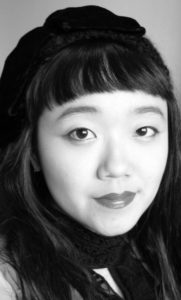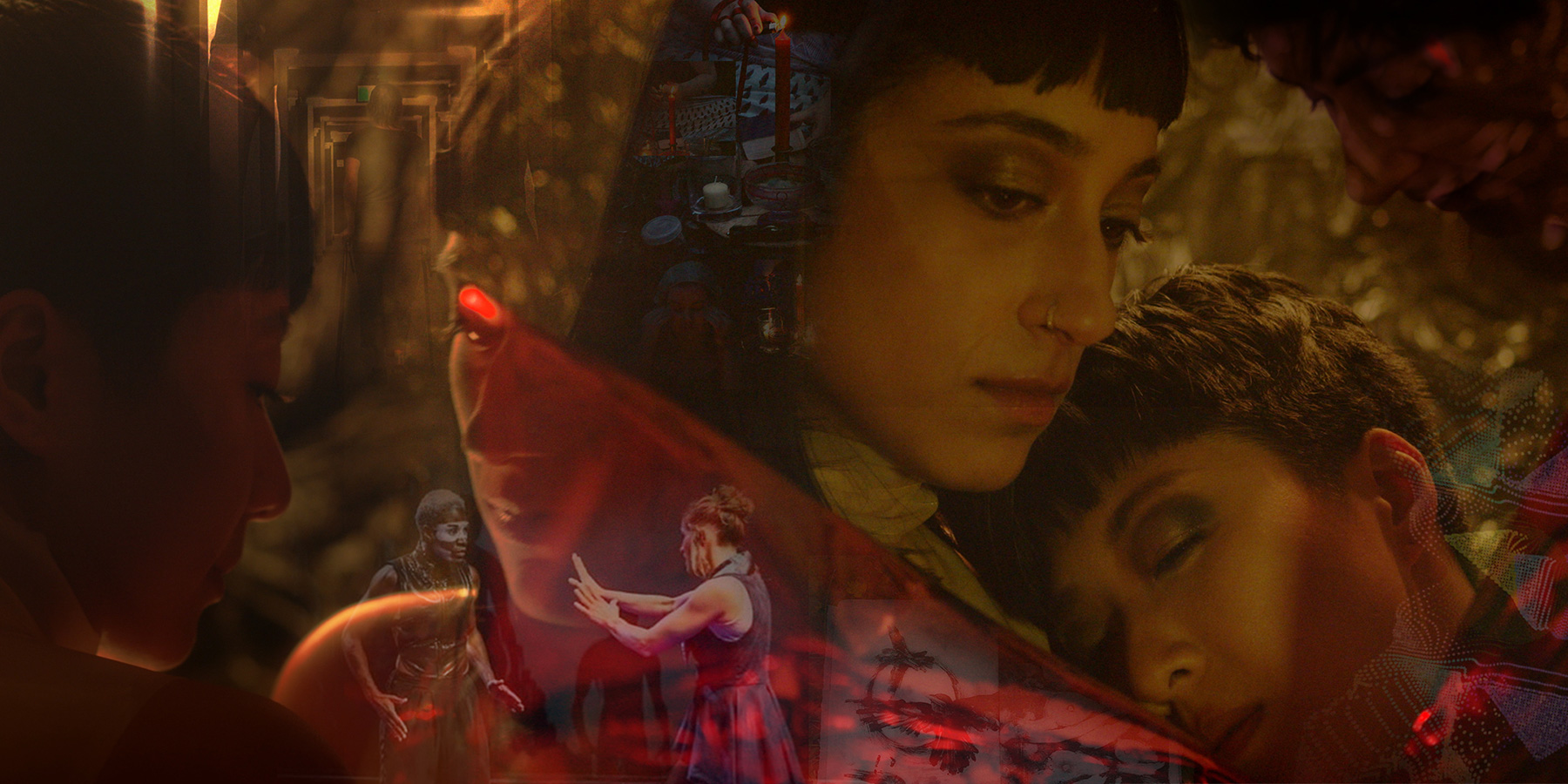
Digital Carnival Z
April 21 – June 30, 2021
Traditional, unceded territories of the hǝn̓q̓ ǝmin̓ ǝm̓ speaking peoples (Richmond, BC) | Online
And….that’s a wrap!
Thank you for being part of Digital Carnival Z. The festival is now at an end. We invite you to explore this website as a record of the festival programming that took place between April 21, 2021 and June 30, 2021, and our attempt to create an accessible online media art festival experience. We’ll be sharing our notes, findings, and resources in the months to come!
If you wish to access artworks from the festival for research purposes, please contact our Associate Curator, Minah Lee at minah@cinevolutionmedia.com.
To receive updates about our future programming, look for us on social media or sign up to receive our monthly newsletter!
Media
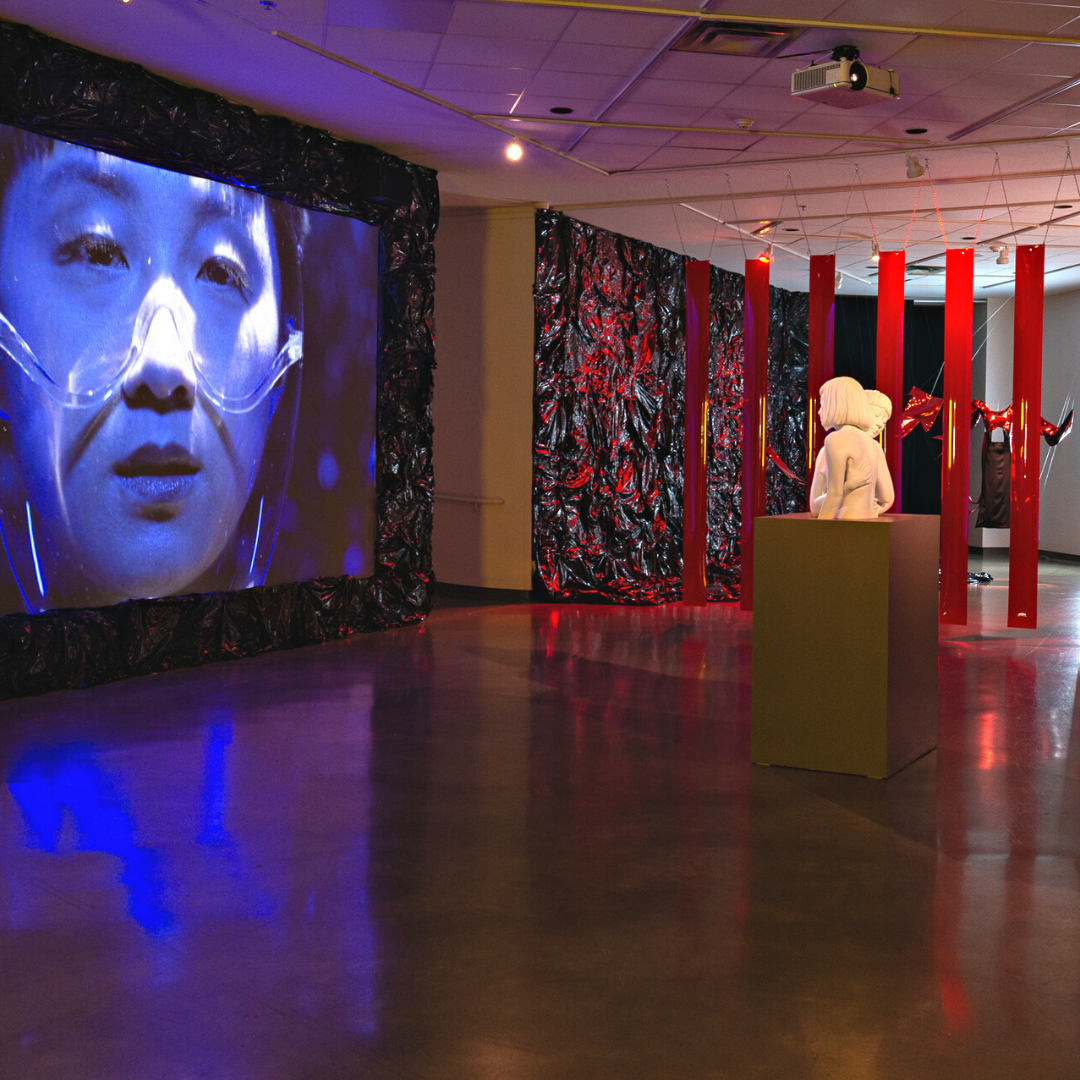
In Spring 2021, Digital Carnival Z took place as a hybrid festival for the first time, with the Featured Artist Exhibition — UNION Nancy Lee 李南屏 and Kiran Bhumber ਕਿਰਨਦੀਪ ਕੌਰ ਭੰਬਰ — at the Richmond Art Gallery and the rest of the exhibits online. The festival explored alternative conceptions of the relationship between bodies, gestures, culture and society. Missed the festival? Read about Digital Carnival Z in the media.
Artists
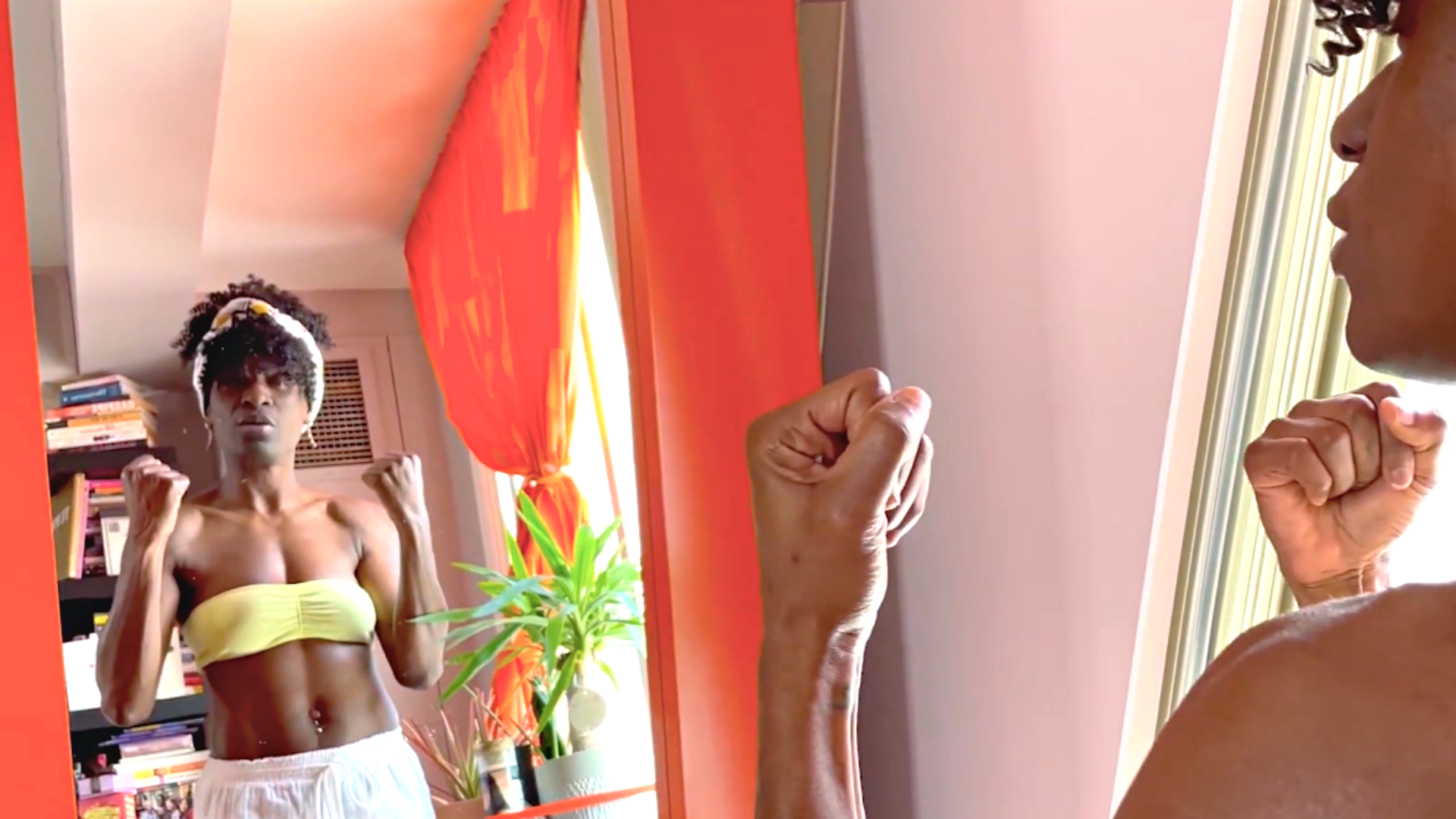
Discover the festival artists. Digital Carnival Z was headlined by featured artists Nancy Lee 李南屏 and Kiran Bhumber ਕਿਰਨਦੀਪ ਕੌਰ ਭੰਬਰ and their immersive transmedia sci-fi exhibition UNION. We were also honoured to welcome artworks and presentations from Natasha “Courage” Bacchus, Margaret Dragu and Justine A. Chambers, Danielle Mackenzie Long, Mickey L.D. Morgan, Kofi Oduro, Juli Saragosa, Lena Chen, Mallory Donen, Sarah Shamash, Angelic Goldsky, Gina Goico, Rye and Skim.
Projects
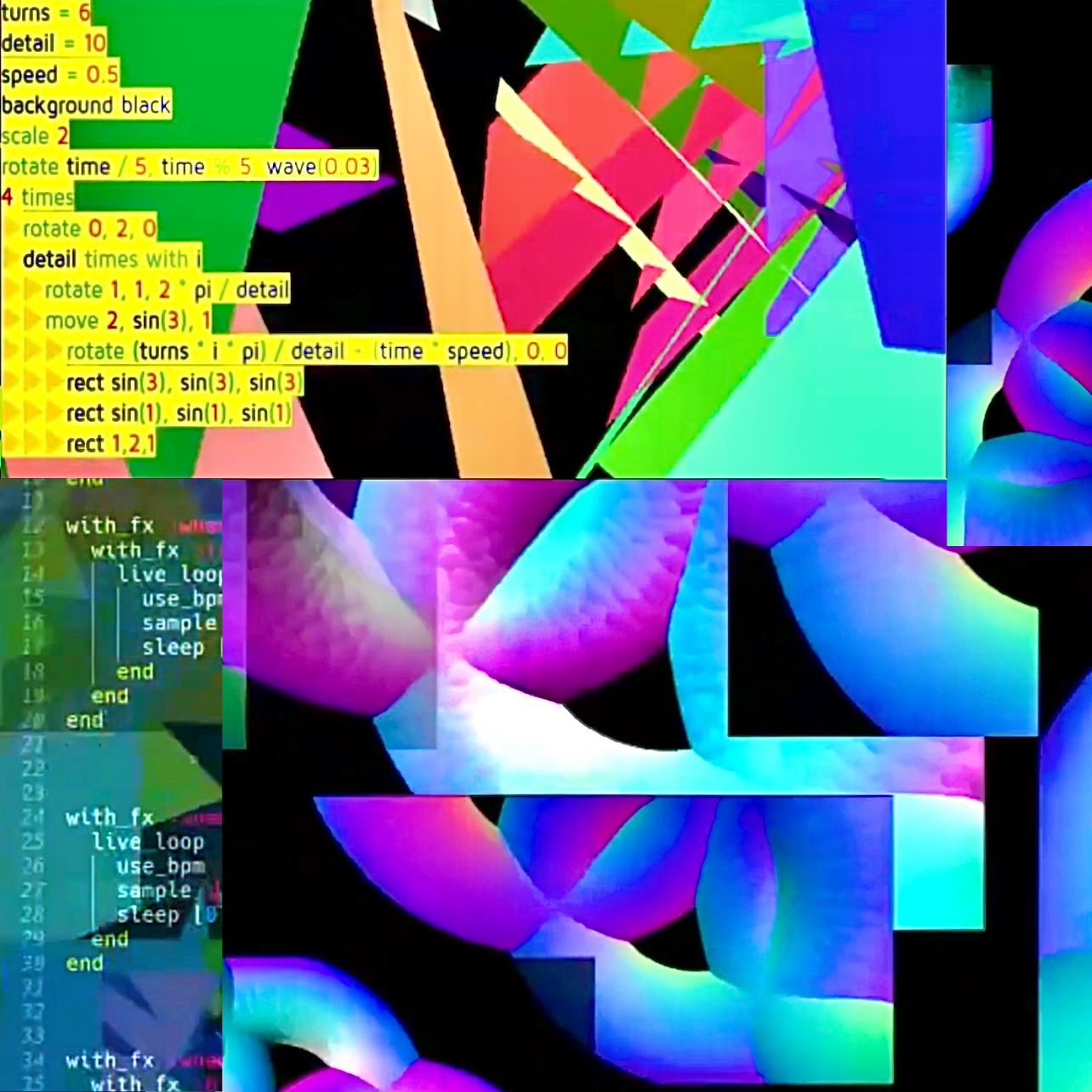
Explore the artworks through the audio festival experience or by visiting the project pages. The festival invited artists to consider access for various disability communities and to work with us to weave access considerations into the presentation of their work. Our fledgling efforts were not always successful and we are deeply indebted to the artists, access providers, and community for their ongoing feedback and collaboration. (Our reflections on this experience will be shared in an upcoming research report.)
Curator’s Statement
When I was a young adult living in South Korea, an online fortune-teller told me that I would have had a much better life if I were born male. Even though this forecast could have been true for any non-cisman in my culture, I felt personally discouraged. It was many years later that I started realizing that the algorithmic machine response based on the data I provided about me was not neutral from the power that shapes the automated message. How does it feel to be stuck in societal expectations and readings of who I can be? What is it like to be processed by a set of rules that are hostile to who you are?
